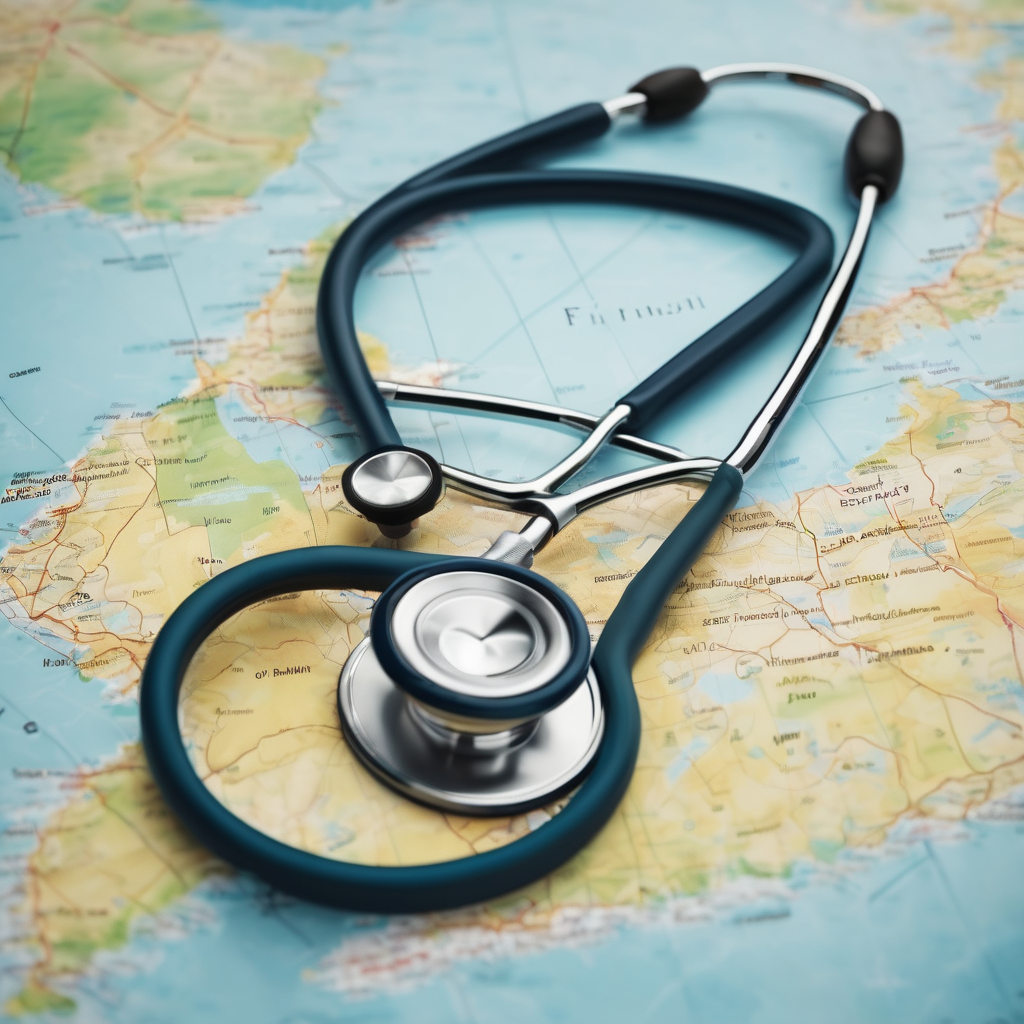The United Nations Population Fund (UNFPA) is intensifying its initiatives to combat the rising tide of HIV cases in Fiji by expanding healthcare services to 130 health facilities throughout the country. This expansion aims to ensure that even the most remote communities have access to prevention, diagnosis, and treatment for HIV, a critical public health concern highlighted by health officials.
Bidisha Pillai, the Pacific Director for UNFPA, emphasizes that the new initiative will focus on adolescent and youth-friendly services. She states, “We will also be making sure that there is information and awareness knowledge that is shared among young people, among women of the reproductive age to be able to access those services.” This proactive approach is aimed at empowering individuals with vital information that facilitates access to necessary HIV care.
In collaboration with the Ministry of Health, UNFPA is planning national consultations across three Pacific nations to prioritize public health needs, with the rollout of services anticipated early next year. The urgency of addressing the HIV crisis is underscored by the fact that it remains one of Fiji’s major health issues, with an alarming spike in new cases—reportedly a 260 percent increase from previous years. Permanent Secretary for Health, Dr. Jemesa Tudravu, has expressed concern over the implications of HIV transmission from mothers to their babies, a significant public health challenge that the country is currently facing.
Previous efforts have included partnerships with other organizations, such as the United Nations Development Programme (UNDP), which recently delivered emergency antiretroviral (ARV) medications to Fiji in response to the rising number of new infections. As reported, a substantial portion of those living with HIV are unaware of their status or lack access to treatment, highlighting the need for comprehensive health strategies.
The collaborative efforts between UNFPA, UNDP, and the Fijian government align with a broader objective to address health disparities and enhance healthcare access. These initiatives are inspiring a more robust healthcare framework equipped to manage not only the current HIV crisis but also to reinforce preventive measures that can mitigate future public health challenges.
With community engagement and international support driving these initiatives, there is hope that Fiji can effectively tackle its escalating HIV crisis, focusing on improving health outcomes and fostering a supportive environment for those affected. The commitment shown by local authorities and global partners reflects a shared determination to create a healthier future for all Fijians.
